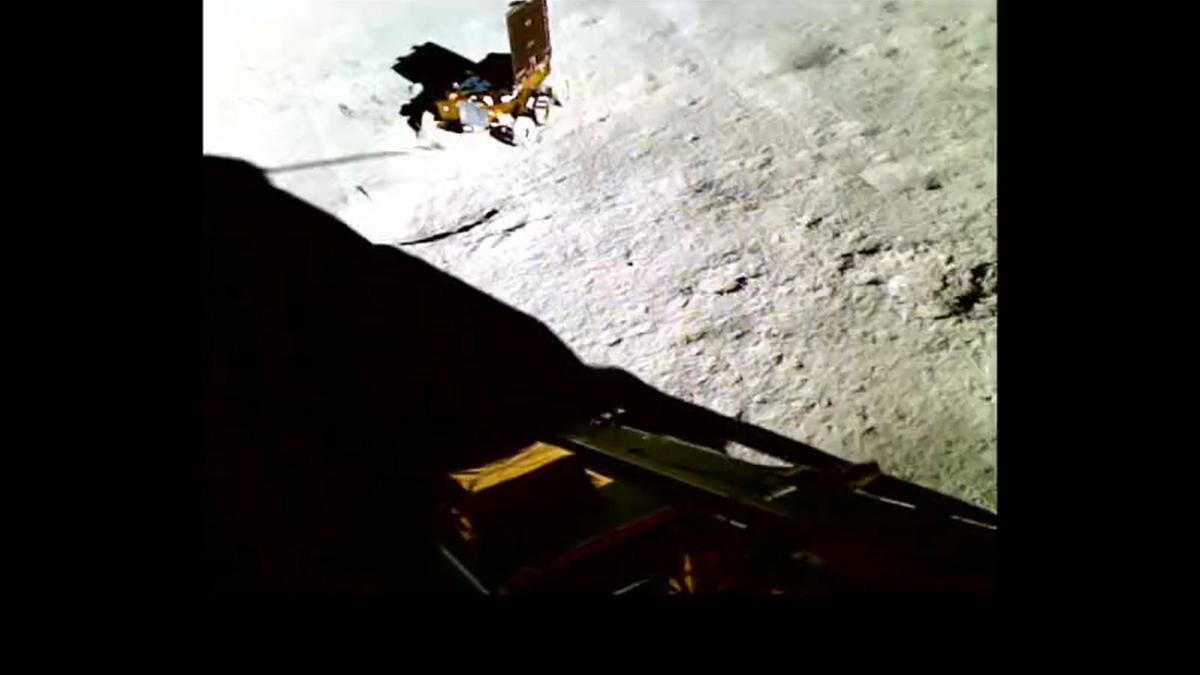
New Delhi: The Indian Space and Research Organisation on Thursday said that the Pragyan Rover module of the Vikram lander has recorded a natural event on the south pole of the moon. However, the detection of its source is underway. Taking to ‘X’ (formerly known as Twitter), ISRO said, “Chandrayaan-3 Mission: In-situ Scientific Experiments Instrument for the Lunar Seismic Activity (ILSA) payload on Chandrayaan 3 Lander — the first Micro Electro Mechanical Systems (MEMS) technology-based instrument on the moon — has recorded the movements of Rover and other payloads. Additionally, it has recorded an event, appearing to be a natural one, on August 26, 2023. The source of this event is under investigation”.
Earlier on Tuesday, in a post on ‘X’, ISRO said that the Rover has confirmed the presence of Sulphur on the moon. “Laser-Induced Breakdown Spectroscope (LIBS) instrument onboard the Rover unambiguously confirms the presence of Sulphur (S) in the lunar surface near the south pole, through first-ever in-situ measurements. Al, Ca, Fe, Cr, Ti, Mn, Si, and O are also detected, as expected. Search for Hydrogen (H) is underway”, ISRO said.
Chandrayaan-3’s Rover ramped down from the Vikram lander to the lunar surface on August 25. Chandrayaan-3 mission has three components- The propulsion module, which transferred the lander and the rover module to 100 kilometres of lunar orbit, the Lander module, which was responsible for the soft landing of the lunar craft and the Rover module, which is for exploring components on the moon.
India took a giant leap on August 23, as the Chandrayaan-3 lander module successfully landed on the moon’s South pole, making it the first country to have achieved the historic feat. The country became the fourth– after the US, China, and Russia – to have successfully landed on the moon’s surface.Meanwhile, ISRO is all set to launch its solar mission, Adity-L1 on September 2. This is India’s first solar mission aiming to study the sun.
Comments